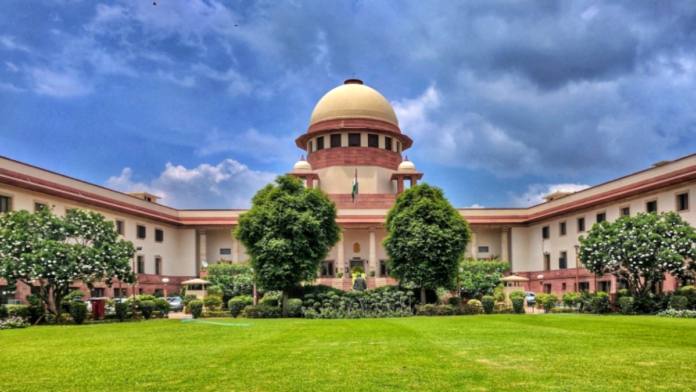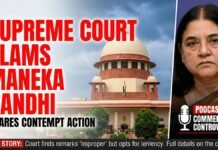
Key Points:
- The Supreme Court has cleared the way for long-delayed municipal elections in Maharashtra, upholding the new ward division structure and 27% OBC reservation.
- A petition challenging the redrawn division boundaries was dismissed, strengthening the state government’s authority to set electoral boundaries.
- The court ordered the Maharashtra State Election Commission to release poll-related instructions within four weeks.
- Repeated delays and boundary changes had previously stalled the elections, drawing criticism from the Supreme Court.
- The court clarified that local polls must proceed with the existing 27% OBC reservation and new administrative units as decided by the state government.
New Delhi: After months of legal limbo and political back-and-forth, the Supreme Court of India has given the green light for municipal corporation, municipality, and district council elections across Maharashtra. The court’s verdict dismissed legal challenges to the new ward division framework introduced by the present state government, ending speculation and clearing a path for local democratic processes to resume.
Background: Prolonged Deadlock
Local body elections had been stalled for months, primarily due to disputes over whether old or newly redrawn municipal divisions should be used. The controversy saw several changes as three successive governments the Mahayuti alliance, the Mahavikas Aghadi, and the Eknath Shinde-led administration implemented their own versions of the division structure.
A key petition challenged the applicability of the new boundaries, particularly regarding Ausa Nagar Panchayat in Latur district, but the Supreme Court categorically stated that determining ward divisions falls under state jurisdiction, not judicial intervention. Thus, elections will adhere to the structure mapped out by the Maharashtra government.
Court Pulls Up Election Authorities for Delays
In prior hearings, the Supreme Court had admonished the Maharashtra State Election Commission for procrastinating on poll preparations, questioning their intent and urgency. The only legal barrier uncertainty around OBC reservations has now been resolved with the Supreme Court mandating the conventional 27% quota for OBC candidates in these polls.
The court has given the Election Commission four weeks to issue formal polling notifications and instructions, stressing that there are no valid reasons for any further delay. Hearings regarding the merits of the ward division changes may continue, but will not affect the immediate conduct of the polls.
Implications for Maharashtra Voters
With the Supreme Court’s decisive ruling, the stage is set for democratic local governance to be restored across Maharashtra, promising political stability and the reinforcement of affirmative action for OBC communities.
Voters, candidates, and political parties now have clarity: elections are imminent, will use a new division framework, and must ensure 27% seats are reserved for OBCs as mandated by law.
















































